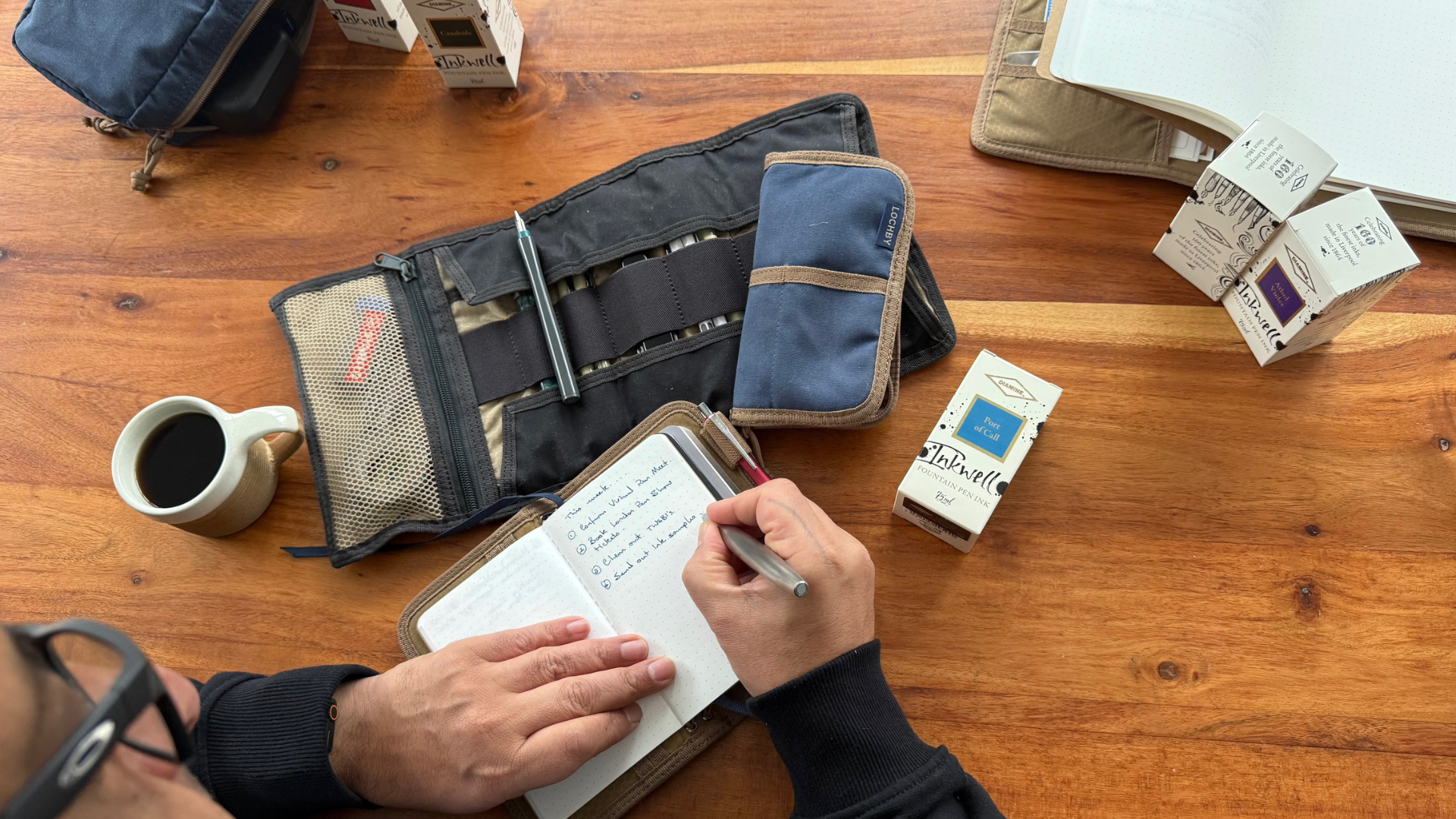It’s a well known fact by now, that journaling is beneficial to mental health. In fact, we’ve talked about what those benefits are in a previous post here. As a practice that provides an avenue for us to process complex or overwhelming thoughts and feelings, it allows us to see patterns that affect our behavior, which can then help with better mental health management and overall quality of life.
But how exactly do we do it? What are the methods we can use if our goal is to tackle our mental illness once and for all? Since May is Mental Health Month, we found it fitting to put together a list of things you can try to make the most out of mental health journaling. As always, we don’t pretend to be experts and this is not medical advice. We’re simply sharing what has worked for us and hope that you can find them useful too!
1. Avoid escapism through self-assessment.
In the time and age of unlimited distractions, a lot of people choose escapism to deal with the everyday challenges of life. They do this by turning to social media, web streaming sites, games, and more. Others resort to daydreaming or doing something other than what they’re supposed to do. After all, once immersed in their choice of escape, they’ve achieved what they’re after: no longer thinking about what their problems and responsibilities are.
But while a healthy dose of escapism is fine since it helps us relax and allows us to take a break from the stress of reality, things get a little tricky when it’s all we ever do. It can stop us from taking action and can affect our productivity.
This means we don’t get anything done at work or in life, are unable to move forward, and this results in more stress that eventually leads to more escapism. So begins an exhausting loop where you spend very little time living in reality.
Instead of trying to run away from ourselves, it’s vital that we take the time to acknowledge what’s happening in life by doing a self assessment—even if it’s just for a few minutes each day. Write down the thoughts and feelings you have about certain things, especially the ones you’re trying to avoid or keep putting off for later, to discover what about it you’re having issues with.
For example: as part of your New Year’s resolution, you’ve decided to set the goal of writing the first draft of your book by the end of the year. However, five months into the year and you haven’t started. Writing down what you think about this big task and your feelings around it can help you figure out why it’s so difficult to begin. Maybe you feel unprepared. Perhaps you bit off more than you can chew and realized that, with how busy you are at work or in school, one year isn’t going to cut it. With these in mind, you can now come up with solutions: if you’re unprepared, then more research or practice is in order. If you’re busy, you can either adjust the deadline you’ve set for yourself or create a schedule to accommodate time for writing.
Only by acknowledging what we find difficult in our lives can we stand back, look at them from a different perspective, and realize what we need to do.
2. Conquer a blank page by having a back up plan.
Sometimes, you just don’t know what to say or where to start as soon as you sit down to write in your journal. This is especially true for people who are new to journaling or are just getting back to it. But don’t let a blank page intimidate you! There’s no pressure to fill up the entire page with words, or even a requirement to use just words at all. That’s the beauty of journaling: the written word is not your only medium for self expression. Doodle, sketch, cut and paste ephemera junk-journal style—the list is endless. It’s all about being able to express your innermost thoughts and feelings.
If you want to be prepared for the occasional writer’s block, you can also get ready in advance: keep prompts in the first few pages of your journal. They can be words, questions, or a picture that can get the gears in your head turning. Find inspiration in them and start writing the first thing that comes to mind. This should also serve as a warm up until you can find the words you want to say. Want to know how to get over writer’s block? We've put together an extensive list here.
If you’re really at a loss, don’t let the time you’ve set aside for journaling go to waste! Try one-sentence journaling and call it a day—you can try for more words tomorrow.
3. Write for yourself, not the world.
Often, the reason journaling feels like it’s not helping is because people write their thoughts down as if someone is waiting to read the pages. As a result, their words are filtered and the entire thing feels like a waste of time and energy; after all, we already filter the words we say everyday whenever we interact with others. However, if we start thinking of our journals as nothing more than what it is, our journal and not a book waiting to be published, we can be more honest about what we write.
If it’s something you can’t quite stop yourself from doing, try this: free writing, also known as stream of consciousness writing. The goal of free writing is to get thoughts and ideas down on paper without worrying about format—not even proper spelling or grammar! Don’t pause to edit or change anything, just write. Focus on the release, the reprieve, that writing can give you and allow yourself to focus on what you have to say, not what you think the world wants to hear from you.
Conclusion
There are so many other ways to journal your way to better mental health, but these are three things we’ve had great success with. Whatever method you end up doing, we hope it works out for you—but even if it doesn’t, don’t give up! Keep looking and trying different things until you find one that fits your needs.
What else about journaling has helped you manage and improve your mental health? What other methods have you tried? Share it with us by leaving a comment below!





Share:
How To Journal Like Series: Tony Robbins
How to Develop Resilience in the Face of Change